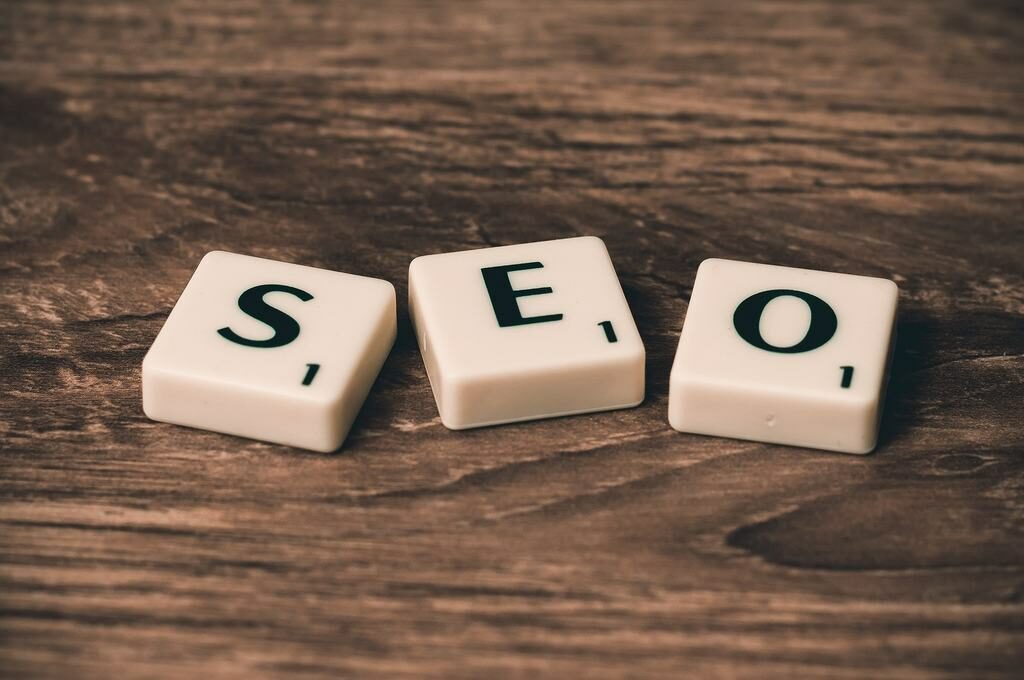SEO stands for Search Engine Optimization, which is the practice of increasing the quantity and quality of traffic to your website through “organic” search engine results. Organic traffic is any traffic that you don’t have to pay for (as opposed to paid ads).
First, some SEO facts:
- 93% of online experiences begin with a search engine (Search Engine Journal – 2019)
- 87% of smartphone users use search engines at least once a day
- With regards to Local SEO, 72% of consumers who perform a local search visit a store within 5 miles of their current location
- 87% of smartphone users use search engines at least once a day
How Does SEO Work?
All search engines (Google, Bing, Yahoo etc) have a “crawler” that goes out and gathers information about all the content they can find on the internet.
When you enter a search into a search engine, the search engine uses an algorithm that evaluates a list of factors and voila, returns the page results that it believes best matches your search.
Search engine algorithms change frequently and SEO tactics evolve in response to those changes. Google publishes its changes online and the SEO community tries to decipher how the changes will affect the site traffic (and potential revenue) of billions of websites.
What Does “Optimization” Mean?
People who write content for websites use SEO to help search engines see and understand what they’re writing about.
Content writers use a variety of tools and techniques to best “optimize” web pages and other content (like blogs) so that search engines will return those pages in their search results. The “holy grail” is to feature that page on the first page of results, which is why “ranking” on Google is so important.
Beyond the keywords (topics) used in content on a webpage and how they’re discussed, there are several non-keyword elements that can influence a page’s on-site optimization, such as:
- Link usage on a page
- Page load speed
- Mobile friendliness
- Use of structured data or “schema”
- Page URL structure
- Page metadata
Why is SEO so Important For A Small Business Website?
The internet is a marketplace but not like any other for marketers. The old days of print ads in local papers have given way to tremendous opportunities for the smallest of businesses to level the field and cost-effectively market their product and services.
SEO is important because the higher you rank in results pages, the more clicks and traffic your site will generate.
The following are some of the biggest benefits of SEO for ANY small business:
- SEO Improves the user experience, making it more likely for customers to become repeat buyers
- SEO is cost-effective
- SEO helps bring more qualified potential customers to your site and eventually increases conversion rates
- SEO builds brand awareness – search engines now play a major role in making or breaking your brand
- If your competitors are doing SEO marketing, you will need to implement a SEO strategy to remain competitive
To thrive and survive in the business world today, you need SEO. Whether you have a local business with a brick and mortar presence or you are an online company with a specialized audience, you will fail without SEO. Without SEO, you have no visibility online, which means when a consumer searches for what you do, they can’t find you and do business with you. Bottom Line: SEO is a small business necessity.









